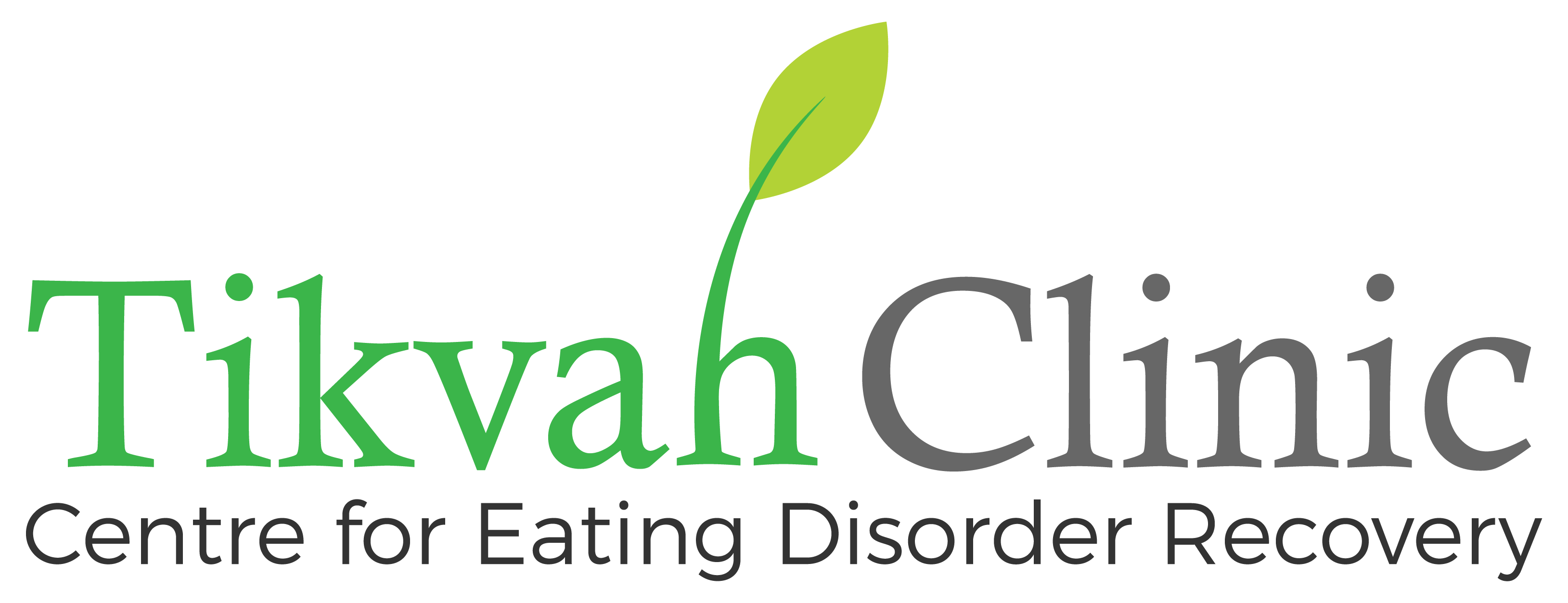The Angels Program
The Angels program was developed to provide individualised outpatient care to support patients recovering in the community. The program hopes to keep families together during treatment, provide respite to parents and carers when needed, encourage patients to stay connected with their friends, social activities and school/uni/work relationships wherever possible and assist patients to develop new healthy patterns and habits in their home environment.
The Angels were selected from the lived experience and allied health community and trained at Tikvah Clinic by Bridget Mulvey (Qualified Enterprise Trainer and Mental Health Clinical Nurse Consultant) and Ariana Elias (Clinical Director of Tikvah Clinic, Clinical Psychologist). The Angels can offer supportive counselling, meal supervision, post meal support, safe distraction activities, guide self care, and assist with important recovery activities e.g., food shopping.
Case Study 1: GT did not want an inpatient admission but needed help meal prepping, eating and post meal support. A small team of Angels were assembled and each day an Angel helped GT prepare her meals for the day, provide her with support and company while she ate and offered post meal distraction activities which included playing games, journaling, yoga, meditation, study and art therapy. As GT became more confident with her outpatient goals she was able to do more independently and was able to spend less time with her Angels. The Angels worked alongside GT’s treatment team (psychologist and GP). GT felt very supported, less lonely and was able to remain living at home, attending university, and achieving in outpatient treatment.
Case Study 2: IA struggled to believe that recovery was possible. She had never met someone who had recovered. IA felt embarrassed talking about her eating disorder with family and friends because she didn’t feel she looked eating disordered or deserved any support. In addition to meeting with her psychologist each week, IA also met with an Angel every week and was able to have lunch in a safe space and discuss how she felt. Together IA’s psychologist and Angel worked to support her to keep focused on her outpatient treatment goals.
Case Study 3: FS discharged from an inpatient unit full of optimism and fear. She had learnt so much about recovery during her admission and wanted to maintain the progress in outpatient but was still very anxious about eating compliantly. FS organised a combination of support from family, friends, day program and Tikvah Clinic. At Tikvah Clinic FS saw her GP, dietitian and psychologist and met with an Angel 2x weekly for afternoon support. FS and her Angel ate lunch and afternoon tea together as well as self care activities to ensure FS remained safe and complaint with her treatment goals.
No support request is too small or too big.
Where we have helped so far:
- Zoom support for dinner
- Face to face meal support for lunch (in home and at Tikvah Clinic)
- Zoom and face to face support for snacks
- Hospital visits (public) for meal plan support and art therapy
- Face to face support for blocks of time e.g., from lunch until after afternoon tea
- Home visits to support parents during refeeding
- Supported meal followed by study support (have assisted both school age and university)
- Supported meal and art therapy
If you would like an Angel in your treatment team, please email admin@tikvahclinic.com.au or call 0448 634 700.
We look forward to hearing from you
